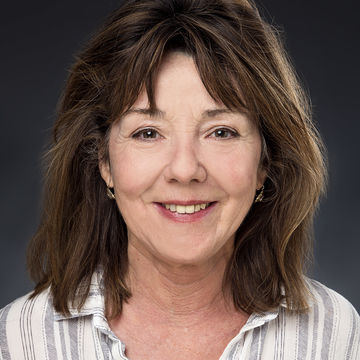Epistemological Foundations
IS 901 für Doktoranden (Center for Doctoral Studies in Business)
Allgemeines
| Verantwortlicher Dozent | Prof. Dr. Armin Heinzl |
|---|---|
| Veranstaltungsart | Seminar |
| Leistungspunkte | 8 ECTS |
| Sprache | Englisch |
| Prüfungsform und -umfang | Schriftliche Arbeit (60%), Diskussion und Diskurs (40%) |
| Infos für Studierende | Registrierung per Mail an heinzluni-mannheim.de |

Infos zur Veranstaltung
Kurzbeschreibung
This course is designed for doctoral students in information systems and other managerial disciplines. It provides a basic understanding of philosophy of science and its epistemological foundations. On the one hand, the course will focus on those concepts which derive knowledge from observation, induction, and refutation of facts. Furthermore, it also takes experiments as well as the new experimentalism into account in order to refer to those disciplines that focus on the evaluation of artifacts like prototypes and algorithms for example. Thus, the underlying epistemological foundations are of central interest to every doctoral student who studies the structure and behavior of information systems and operations/
logistics phenomena. The course will be offered in an interactive style. All doctoral students have to offer at least one presentation and a documentation regarding a specific epistemological stance. Assignment of topics will be conducted by the lecturer. Kursüberblick und -termine
Dozent Prof. Dr. Armin Heinzl Termine
Datum Uhrzeit Thema Raum Literatur tba Bewertung und Teilnahme
Seminar Paper and Presentation
You are requested to retrieve additional literature which deepens the respective stances. This will also frame and guide your seminar paper. The latter will be presented at the beginning of the subsequent session. Time format is 30 min for the presentation plus 30 min for the joint discussion.
Assignments
During the first session, topics will be assigned to participating doctoral students. Each student will be asked to elaborate a presentation with regard to the assigned topic which goes beyond the introductory literature as well as to lead the discussion regarding his/
her topic. Further details will be provided in the first session. Attendance
Participating students are required to attend all sessions. If the Corona situation aggravates, the course will be offered in Zoom.
Literatur
This book represents a starting point. It will be the basis for the discussion sessions:
- Chalmers, A.F.: What is this thing called science? 4th edition, Hill and Wang Publisher, 2013.
or
Chalmers, A.F.: Wege der Wissenschaft: Einführung in die Wissenschaftstheorie (German Editi-on), Springer 2006
Recommendable is also the following book for further studies:
- Curd, M.; Cover, J.A., Pincock, C.: Philosophy of Science – the Central Issues, 2nd edition, Nor-ton publishers, 2012
For session 6, the sources will be specified according to the topics selected.
- Chalmers, A.F.: What is this thing called science? 4th edition, Hill and Wang Publisher, 2013.
Lehrformat
Wenn es die Covid-19-Situation erlaubt, wird der Kurs in Präsenzform angeboten. Bitte achten Sie darauf, dass Sie die geltenden hygienischen Sicherheitsbestimmungen der Universität Mannheim in vollem Umfang einhalten. Bitte vergessen Sie Ihre Masken nicht und halten Sie den entsprechenden Sicherheitsabstand zu Ihren Kommilitonen und Dozenten ein.
Darüber hinaus werden die Sitzungen per Zoom übertragen und aufgezeichnet, um Risikopersonen ebenfalls die Teilnahme zu ermöglichen.